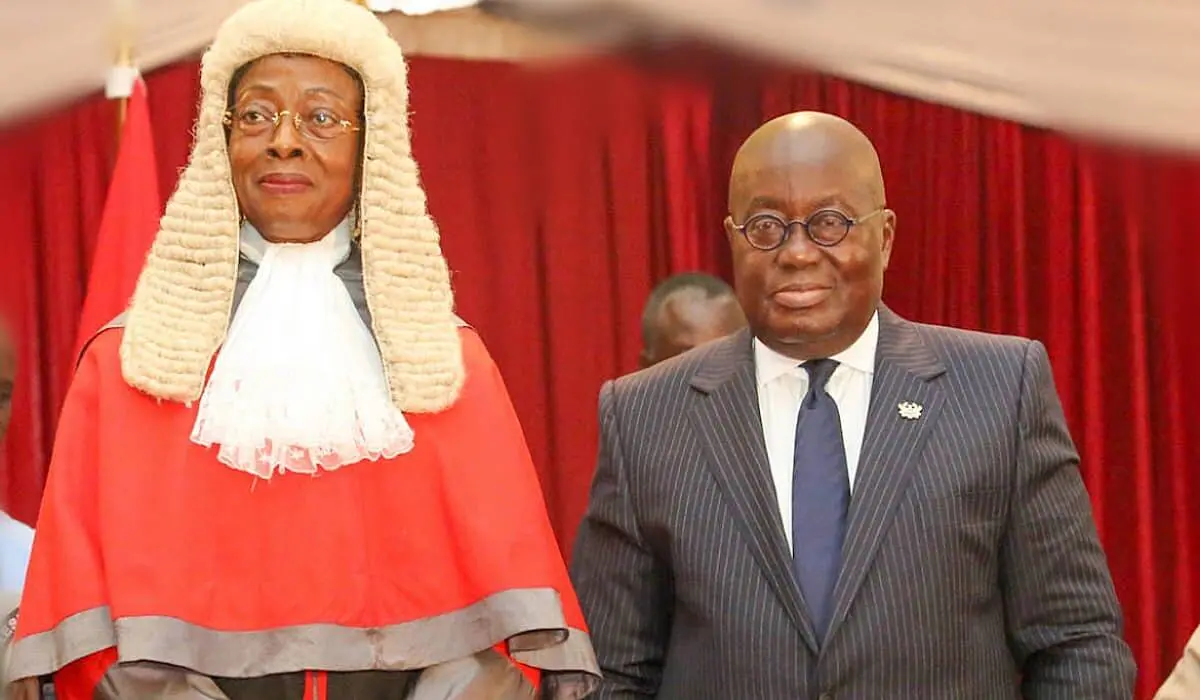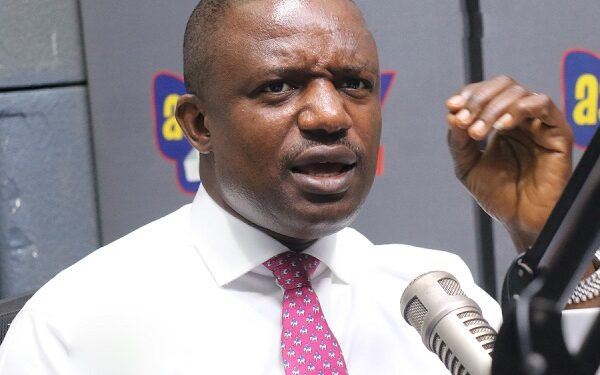The debate over whether to review Ghana’s 1992 Constitution has gained momentum with former Chief Justice Sophia Akuffo voicing her support for President John Dramani Mahama’s call for a constitutional review. This move challenges the stance of former President Nana Akufo-Addo, who maintains that the Constitution is flawless. This article explores the arguments, implications, and context surrounding this debate.
Key Points:
- Sophia Akuffo’s Perspective:
- Sophia Akuffo advocates for treating the Constitution as a “living document” that should evolve to meet contemporary needs.
- She dismisses the notion that amending the Constitution undermines its credibility, emphasizing the necessity of periodic reviews to ensure relevance.
- Akufo-Addo’s Stance:
- Former President Nana Akufo-Addo acknowledges the Constitution’s imperfections but cautions against rushing the reform process.
- His perspective suggests a preference for maintaining the status quo to avoid potential instability.
- Historical Context:
- The 1992 Constitution was established after a period of military rule, aiming to solidify democratic governance.
- Previous attempts at constitutional reform over a decade ago were halted, raising questions about the challenges in the amendment process.
- Implications for Governance:
- A review could address outdated provisions and strengthen democratic institutions, but it requires careful management to avoid uncertainty.
- Public and International Perspectives:
- Public opinion and international best practices could influence the review process and its outcomes.
- Role of the Judiciary:
- As a former Chief Justice, Akuffo’s endorsement carries significant weight, highlighting the judiciary’s potential role in the review process.
Conclusion:
The debate between former Chief Justice Akuffo and former President Akufo-Addo reflects broader political and ideological divides in Ghana. The decision to review the Constitution involves balancing the need for adaptation with the risks of destabilization. As Ghana considers this pivotal step, it must ensure a transparent, inclusive, and well-considered process to strengthen its democratic foundation and address contemporary challenges effectively.



